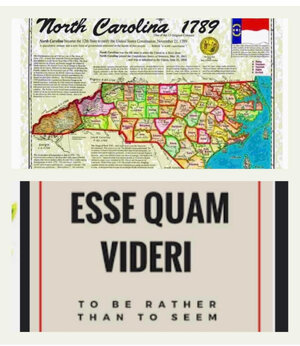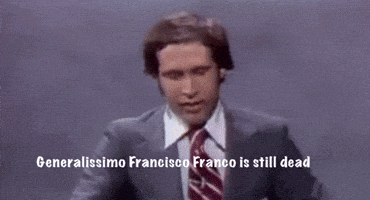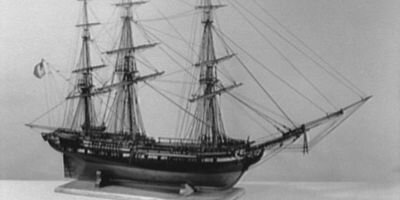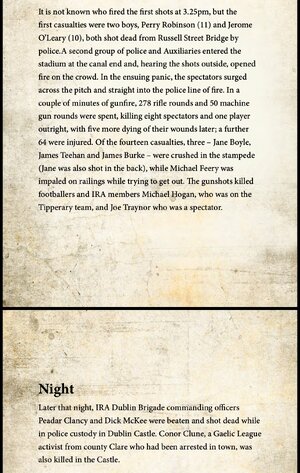
We’ve always been big on “Look Before You Leap” in North Carolina. Sure, we’ve been first on occasion; First State University, First English colony (and first English colony “Lost”), first powered flight (but those guys were from Ohio)…that said, usually our by-word is “Wait and See.”So fond were my Momma and her sister of that phrase that it literally drove me to distraction growing up.
There is a confounding, often infuriating, cautiousness about us that meshes well with our state motto of Esse Quam Videri (To be rather than to seem). It’s the North Carolinian at the awards ceremony over in the corner with the smug proud grin on his face holding his “Most Humble” trophy.
Indeed, there is an ironically Proud Humility about us. It’s not that we aren’t secretly excited to win, or that it isn’t our goal, just that we’re foresworn not to act like it’s a big thing. Historically, low key describes us well.
We’ll show up for a fight or a celebration to be sure - but just as quickly as we might be to engage so too will we drop out. In the Civil War more white Confederate North Carolinians died than from any other state - AND - more also deserted. The state didn’t secede until rebelling Virginia, Tennessee, and South Carolina basically hemmed it in. Even with Independence - as you shall see - we gauged our actions by those of our neighbors.
North Carolina adopted its motto in 1893, appropriately 13th of the Original 13 colonies to choose a saying. That adage, ‘Esse Quam Videri’ is taken from Cicero’s essay “Friendship.”
In translation and placed into context it goes like this: “…I am not speaking of virtue, but of a conceit of virtue; for NOT SO MANY DESIRE TO BE ENDOWED WITH VIRTUE ITSELF, AS TO SEEM TO BE SO, as Flattery delights such men: when conversation formed to their wishes is addressed to such persons, they think those deceitful addresses to be the evidence of their merits. This, therefore, is not friendship at all, when one party is unwilling to hear the truth, and the other prepared to speak falsely."
Friendship : Marcus Tullius Cicero , Francis Bacon, Ralph Waldo Emerson : Free Download, Borrow, and Streaming : Internet Archive
I think I like it even more when the original inspiration is laid out as truly about good will, devotion, and allegiance and most of all — honesty — warts and all. It would be a mighty good thing were North Carolinians to reach back and recollect the value of such virtues as we move into the challenging times ahead. Honesty. Value it. Reward it. Be it.
#OnThisDay (Nov. 19) in 1789 NC finally committed and became the 12th state of 13 to ratify the Constitution. New York had become the 11th state some 16 months before. The NC General Assembly had refused ratification in 1788 calling for a Bill of Rights. Read more on the NC Convention of 1788 here:

ncpedia.org
You First!!





